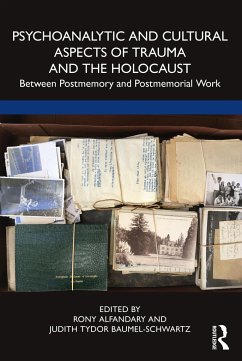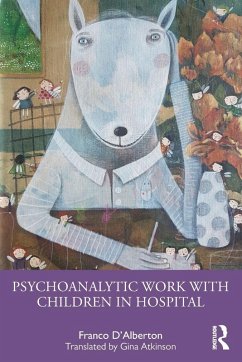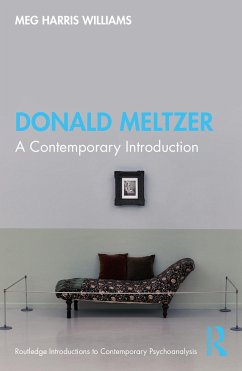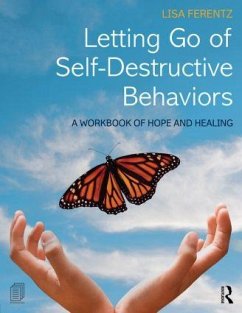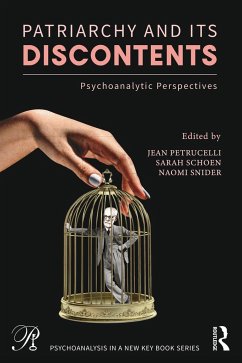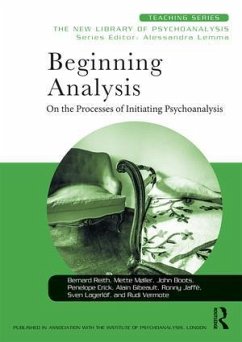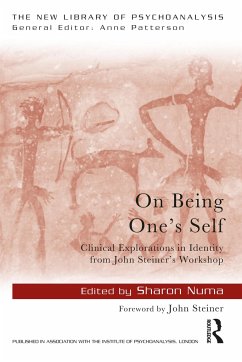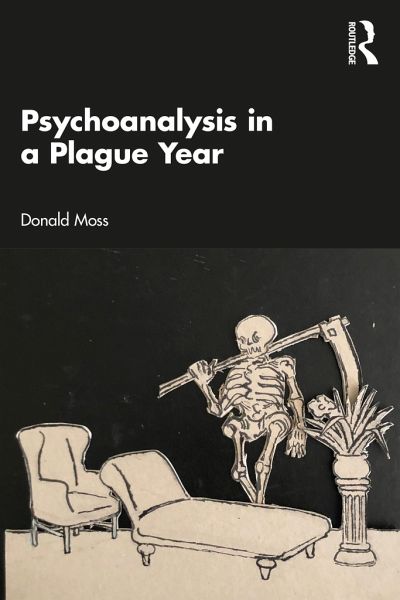
Psychoanalysis in a Plague Year
Versandkostenfrei!
Versandfertig in 6-10 Tagen
24,99 €
inkl. MwSt.
Weitere Ausgaben:

PAYBACK Punkte
12 °P sammeln!
Selecting one sentence from each session every day, Donald Moss has recorded the words spoken by his patients during one year of 'Covid-time'. The patients conjure a moving mixture of the mundane and extraordinary, giving readers a perspective on psychoanalytic practice and treatment during the COVID-19 pandemic.Clustered together in ways akin to poetic verse, these sentences preserve the mood of the analyst's working day, reflecting the common ground shared by analyst and patient in these unprecedented times. Pandemic-related concerns and everyday problems are seen to persist in these extreme...
Selecting one sentence from each session every day, Donald Moss has recorded the words spoken by his patients during one year of 'Covid-time'. The patients conjure a moving mixture of the mundane and extraordinary, giving readers a perspective on psychoanalytic practice and treatment during the COVID-19 pandemic.
Clustered together in ways akin to poetic verse, these sentences preserve the mood of the analyst's working day, reflecting the common ground shared by analyst and patient in these unprecedented times. Pandemic-related concerns and everyday problems are seen to persist in these extreme circumstances, affording the reader clinical insights into the daily life of contemporary psychoanalysts. With a clear preface from the author and a remarkable foreword by Timothy J. Clark, the book is grounded in a contemporary psychoanalytic context.
An insightful companion into psychoanalytic practice, the book will interest therapists and analysts in training and in practice, as well as readers intrigued by what happens behind the closed doors of the consulting room.
Clustered together in ways akin to poetic verse, these sentences preserve the mood of the analyst's working day, reflecting the common ground shared by analyst and patient in these unprecedented times. Pandemic-related concerns and everyday problems are seen to persist in these extreme circumstances, affording the reader clinical insights into the daily life of contemporary psychoanalysts. With a clear preface from the author and a remarkable foreword by Timothy J. Clark, the book is grounded in a contemporary psychoanalytic context.
An insightful companion into psychoanalytic practice, the book will interest therapists and analysts in training and in practice, as well as readers intrigued by what happens behind the closed doors of the consulting room.





